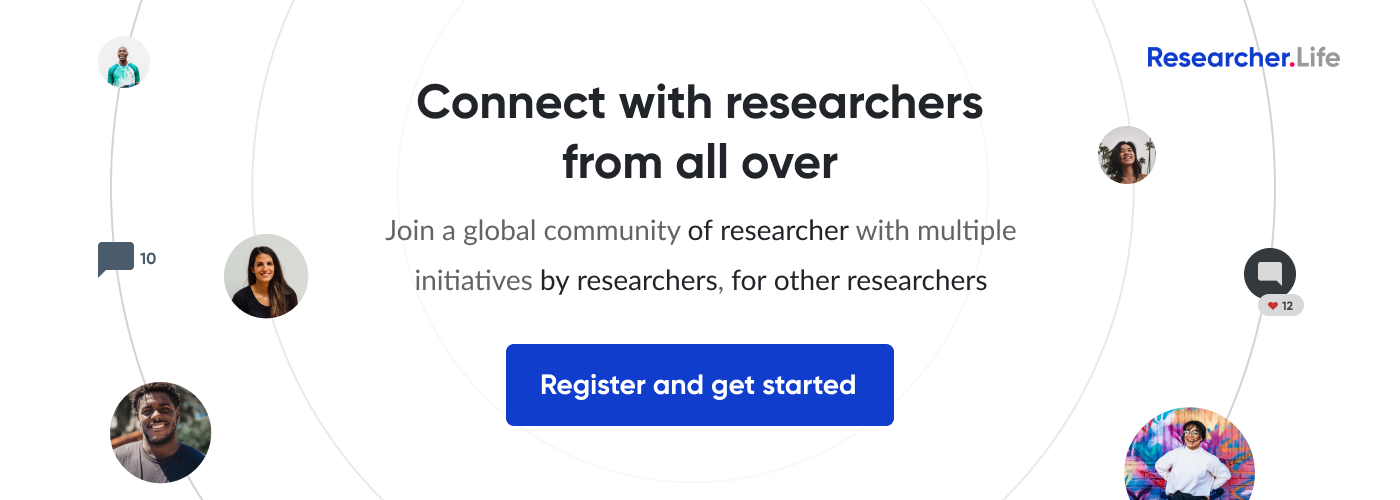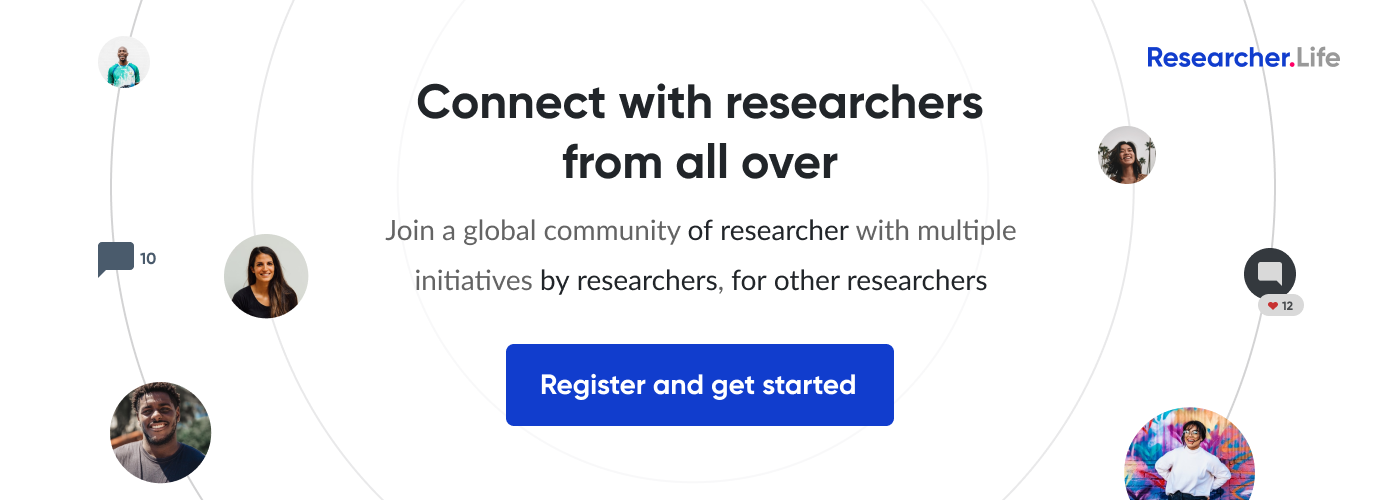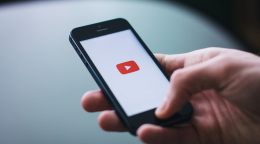Can Wikipedia help communicate science accurately? How can you contribute?

Whether you’re a scientist or not, you first run a basic Google search when looking up unknown scientific terms you encounter when reading an article or listening to a talk. And where do the results of that search usually lead you? Wikipedia.
Twenty-three years ago, Wikipedia emerged as a free online English encyclopedia serving as a comprehensive repository of knowledge on all topics imaginable. Since then, Wikipedia content has been translated into many languages. Being an open-source online platform, Wikipedia is managed through an open collaboration between Wikipedians—a community of volunteers who contribute to the information in this encyclopedia. It uses a live wiki-based content-creation process, which leads to faster knowledge dissemination.
So, how reliable and effective is Wikipedia in disseminating scientific information? How is it influencing how science itself is performed? And how can you yourself be a good contributor to Wikipedia as a researcher?
Let’s take a close look.
How Wikipedia can be a great channel for science communication
Disseminating knowledge through Wikipedia is an excellent way of communicating science and bringing it not just to the science community but also to the public. While writing popular articles is not everyone’s forte, researchers could easily contribute to Wikipedia articles on topics of their expertise. Such an approach will also support equity and inclusivity in science by enabling everyone to understand what’s cooking inside the doors of a science lab.
As a significant part of scientific research is funded by government agencies worldwide, funders could assess researchers’ contribution to knowledge dissemination through Wikipedia and other media. A requirement towards these could be made mandatory not just by funders but also by the scientific institutes while assessing a scientist’s works for promotions or otherwise.
How Wikipedia played a crucial role during the pandemic
Information availability during the COVID-19 pandemic helped people from different backgrounds, including scientists, to take calls about their health, the virus spread, vaccines, etc. Wikipedia played a significant role in delivering accurate information worldwide in different languages.
The Wikimedia Foundation, the nonprofit organization that runs Wikipedia, reports that since the beginning of the pandemic, a group of volunteers has been creating, editing, and translating information about the pandemic. From December 2019 to December 2020, 6,950 articles were written on COVID-19, and the data is available in 188 languages. More than 97,000 editors have made more than 983,000 edits to these articles.
This is a clear example of how subject-matter experts can volunteer to disseminate and update critical information in real time at the time of a global crisis.
How Wikipedia is empowering science
Scientists, students, and journalists find a reliable ally in Wikipedia for accessing essential scientific information. Here’s one piece of evidence for such use. In their 2017 preprint titled Science is Shaped by Wikipedia: Evidence from a Randomized Control Trial, Neil Thompson and Douglas Hanley reported the results of a randomized control trial, which provided evidence of how Wikipedia influences science.
They asked graduate students to write some articles on advanced chemistry topics and posted half these articles on Wikipedia while not uploading the other half. After two years, the authors saw that only scientific publications related to the articles posted on Wikipedia incorporated the new information provided within it, while the ones related to the other half remained the same. This study proved that content on Wikipedia can make a significant difference in implementing changes in scientific journal articles of related fields. Similarly, they also found that scientific literature cited in Wikipedia is often cited more by the science community in their papers.
The same is true for the medical community as well. In an article posted in 2014, Julie Beck wrote, “Fifty percent of physicians look up conditions on the site [Wikipedia], and some are editing articles themselves to improve the quality of available information.”
The Wikipedia Library collaborates with multiple scientific journal publishers to provide its editors with science-backed information. It provides “More than 100 of the world’s top subscription-only databases, with content in 33 languages, free for Wikipedians of all backgrounds.” Active editors of Wikipedia can use this feature to help eliminate misinformation.
According to a 2016 study published in the Journal of the Association for Information Science, open-access journal policies allow for easy circulation of scientific knowledge through Wikipedia.
How some initiatives are transforming Wikipedia to ensure scientific quality
The Simons Foundation, along with the Wiki Education Foundation, ran a program called the Year of Science in 2016. In this program, professors at different universities guided students to write Wikipedia articles instead of traditional term papers so that they could gain firsthand experience in science communication and enrich Wikipedia’s academic knowledge hub.
The American Physical Society (APS) trains physicists to contribute and validate scientifically accurate information on Wikipedia through its Wiki Scientist Program. APS also provides other courses focused on Wikipedia, such as Wikipedia editing, Wikidata, and Edit-a-thons, which could help scientists become Wikipedia editors.
Needless to say, anyone using Wikipedia to understand a scientific topic must exercise caution and fact-check information because of its user-driven nature. However, initiatives like those mentioned above help improve content quality and accuracy, despite occasional discrepancies, and Wikipedia remains a dynamic and evolving platform for accessible scientific knowledge.
How you can become a Wikipedia contributor
Given how powerful a platform Wikipedia can be to communicate research to both academic and non-academic audiences, it’s well worth considering contributing to Wikipedia yourself as a researcher. Here are some steps and guidelines you can follow:
-
Create an account: While creating an account is not mandatory for editing Wikipedia articles, it could be helpful. An account provides a proper space to review the information you’ve shared later and allow others to comment on your work.
-
Choose the language of Wikipedia and the topic: Before starting, choose the language and the article you want to edit to ensure better background research.
-
Review the discussion page for the specific article: All articles on Wikipedia have a discussion page or talk page. These pages contain all the improvements and criticisms of the particular article.
-
Abide by the rules: All content on Wikipedia must be written from a neutral point of view, citing references to back any statements and avoiding bias.
-
Avoid academic lingo: To make your content more accessible not only to fellow experts in your field but also to users from any background, adopt simple and plain language and avoid academic or technical jargon where possible.
-
Don’t use Wikipedia as a platform to share any unpublished research or personal perspectives: Wikipedia acts as a platform to share information that is already available to the public through some published sources. It is not used to share the thoughts and opinions of one individual, however small that information is. Compared to academic papers, Wikipedia articles have a much higher citation density.
-
Avoid self-promotion: Editing Wikipedia to cite your own research is a biased approach and is discouraged. Strict rules are in place for creating pages for living people, including yourself. It’s best not to make a page for yourself on your own.
-
Strike a balance between the technical and non-technical aspects: All Wikipedia articles start with a non-technical background, introducing field jargon, thereby building up the technical information as the article progresses.
-
Ensure verifiability: All information shared in Wikipedia must be available to be vetted through reliable sources, and all such sources must be cited in the article. It is also essential to check how significant the information you share is.
-
Welcome edits and community intervention: As the encyclopedia follows the process of post-publication editing, you should look forward to expert comments on the discussions page of the article and your account and revise the content if required.
Comments
You're looking to give wings to your academic career and publication journey. We like that!
Why don't we give you complete access! Create a free account and get unlimited access to all resources & a vibrant researcher community.














